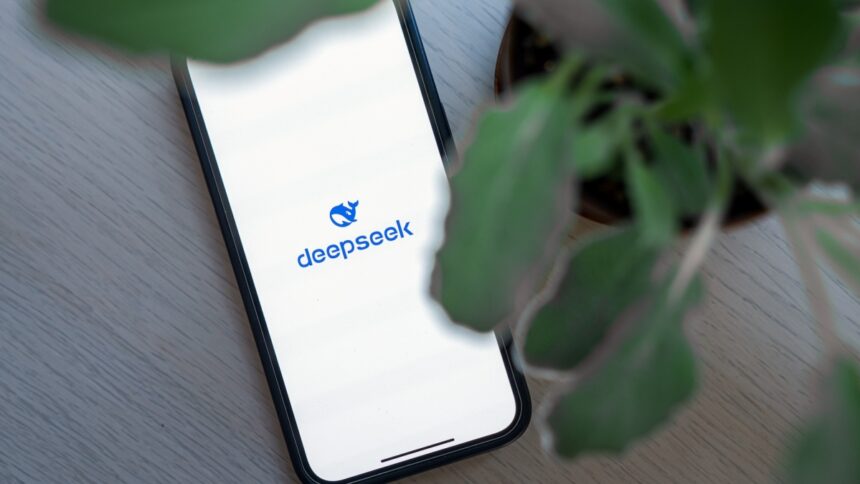The Rise of DeepSeek: A Potential Game Changer in AI Development
Just a week after the prohibition of TikTok from app stores (and yes, it remains unavailable for download), and a day post Colombia threatening 25% tariffs, the U.S. faced a notable setback in its ongoing trade conflicts—seemingly overnight, Silicon Valley’s stronghold on AI innovation faltered.
This upheaval is linked to an announcement from the emerging Chinese AI firm DeepSeek, which on January 20 unveiled an update to its ChatGPT comparable AI assistant featuring its open-source R1 reasoning model. Testing results from DeepSeek indicate that the R1 model competes with OpenAI’s o1 reasoning model on multiple fronts while being significantly less expensive to produce.
The initial report by The Wall Street Journal highlighted DeepSeek’s remarkably low development costs, revealing that the company, just a year old, spent only $5.6 million on the R1 model, contrasted with OpenAI’s investment of over $100 million for its comparable technology.
Once the news circulated, DeepSeek rapidly climbed to the top of the App Store, displacing ChatGPT as the leading free app available for download. This sudden attention exerted pressure on U.S. stocks, causing the Dow to drop approximately 0.22%. The S&P faced a decline of 2%, and the Nasdaq fell by 3.6%. Moreover, Alphabet, Google’s parent company, experienced a decrease of 2.89%, while other tech giants like Meta and Oracle also recorded substantial losses. Particularly notable was the impact on Nvidia, the data center and graphics card manufacturer crucial for AI infrastructure, which saw its stock plummet by 11.64%.
Nvidia’s share price decline can likely be attributed to DeepSeek’s claims regarding its resource efficiency—allegedly requiring just 2,000 specialized Nvidia chips to train its latest AI model, in stark contrast to the approximately 16,000 chips typically used for leading U.S. models. While these assertions await confirmation, if accurate, they could undermine recent U.S. policies aimed at limiting the access of Chinese developers to American chip technology.
For consumers, DeepSeek is set to provide more affordable access to higher-tier models than those offered by ChatGPT, which confines basic usage of its o1 model to a monthly subscription of $20 and unlimited access to the much pricier $200/month ChatGPT Pro tier. Meanwhile, Microsoft, a frequent partner of OpenAI, has managed to integrate the o1 model into the free version of Copilot, although the rollout is still ongoing.
However, despite its success, DeepSeek is currently grappling with growing pains—servers seem overloaded, making account sign-ups a challenge. As more users gain access, it will become easier to assess the competitive threat DeepSeek poses to U.S. companies. When a colleague managed to set up an account, he discovered several security flaws, including chat logs that were left exposed online.
This emerging competition is clearly a significant development for American AI developers, particularly in light of the recently announced $500 billion “Stargate Project,” an initiative aiming to bolster U.S. AI infrastructure, starting with a $100 billion investment for constructing data centers in Texas.












